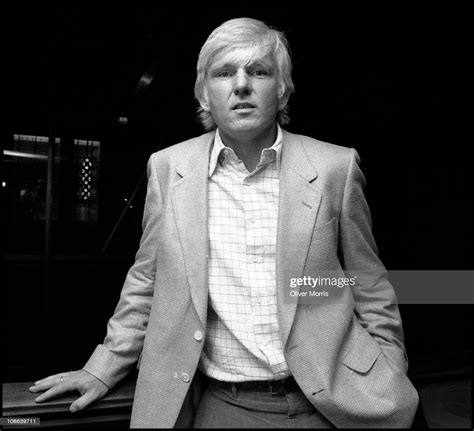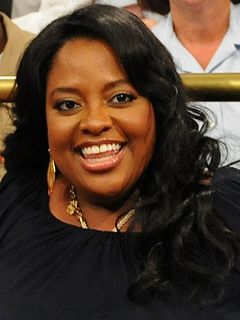A Quote by Hubert Selby, Jr.
I'm focusing on writing the best story I can write. Which means I'm doing everything I can to give the artist within me as much power as possible.
Related Quotes
For me, the moral dimension of life is that you are committed, to doing everything that you do, with a sense of excellence. That is the morality of writing, that you try and write as excellently as you possibly can. Or of teaching, or of childrearing, or of friendship. Of anything you do. And, I do try and live, as best I can, with all of the errors that I make, y'know, a value-driven life. And that is defining values as trying to give everything you do, everything you've got.
Letting go means we stop trying to force outcomes and make people behave. It means we give up resistance to the way things are, for the moment. It means we stop trying to do the impossible-controlling that which we cannot-and instead, focus on what is possible-which usually means taking care of ourselves. And we do this in gentleness, kindness, and love, as much as possible.
When I was a kid, I'd go to the African-American section in the bookstore, and I'd try and find African-American people I hadn't read before. So in that sense the category was useful to me. But it's not useful to me as I write. I don't sit down to write an African-American zombie story or an African-American story about elevators. I'm writing a story about elevators which happens to talk about race in different ways. Or I'm writing a zombie novel which doesn't have that much to do with being black in America. That novel is really about survival.
It was a roller-coaster process. For a long time I had no idea what I was doing. I wasn't writing with an outline. And, rare for me, I wrote scenes out of sequence. . . . I didn't understand the play when I wrote it. It was something I'd give in to. It happens to me periodically. I give over and write whatever comes to me and I don't know what it means and then I do. It's thrilling.
It's funny - for a long time, I didn't know I was writing a book. I was writing stories. For me, each story took so long and took so much out of me, that when I finished it, I was like, Oh my gosh, I feel like I've poured everything from myself into this, and then I'd get depressed for a week. And then once I was ready to write a new story, I would want to write about something that was completely different, so I would search for a totally different character with a different set of circumstances.
The best thing about writing fiction is that moment where the story catches fire and comes to life on the page, and suddenly it all makes sense and you know what it's about and why you're doing it and what these people are saying and doing, and you get to feel like both the creator and the audience. Everything is suddenly both obvious and surprising ("but of course that's why he was doing that, and that means that...") and it's magic and wonderful and strange.
I'll give you the sole secret of short-story writing, and here it is: Rule 1. Write stories that please yourself. There is no rule 2. The technical points you can get from Bliss Perry. If you can't write a story that pleases yourself, you will never please the public. But in writing the story forget the public.
My fans mean everything to me - especially the sisters! When you're on 'The View' or you're doing movies and stuff, you're a little bit insulated. It means so much to me when a woman comes up to me and says, 'Sherri, you said what I feel.' That just means so much to me to know that I have that support.
The primary urge that motivates and engenders writing...is the writer's desire to invent and tell a story, and to know himself. But the more I write, the more I feel the force of the other urge, which collaborates with and completes the first one: the desire to know the Other from within him. To feel what it means to be another person. To be able to touch, if only for a moment, the blaze that burns within another human being.






































